Our home water’s quality is often far from perfect. Many homes today deal with hard, contaminated, and foul-tasting water. If this sounds like your problem, you need to get your water treated. Water softeners and water filters are good water treatment options, but they work differently. The treatment option you should go for depends on the water problem you’re trying to solve.
Water filters, such as under sink water filters, remove chemical and physical impurities that affect the safety, smell, and taste of your water. Water softeners, on the other hand, soften water by removing calcium and magnesium minerals that cause water hardness.
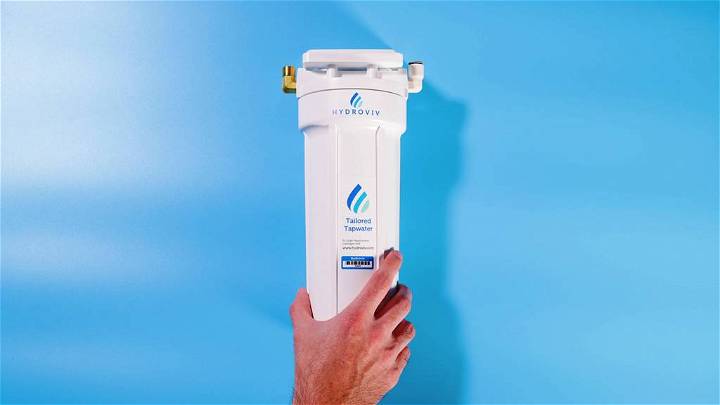
If you’re not sure what your home needs, don’t panic. This article will explain the differences between a water softener and a water filter when to use either of them and guide you in your buying decision.
How Water Filters Work
Water filters remove impurities and contaminants from water. These impurities may be chemicals, sediments, heavy metals or microorganisms that affect the taste and smell of your water and its overall quality.
Water filters also remove contaminants like PFAS and pesticides. PFAS do not cause visible change to your water, but they silently cause considerable health damage to you over time. It is advisable to have a water filter in your home to remove hidden contaminants like PFAS.
If you’re thinking about buying a water filter, know that you can’t get any water filter. There are different types, and they all handle different kinds of impurities. For example, a sediment water filter cannot remove microorganisms from your water, but it will remove large floating particles.
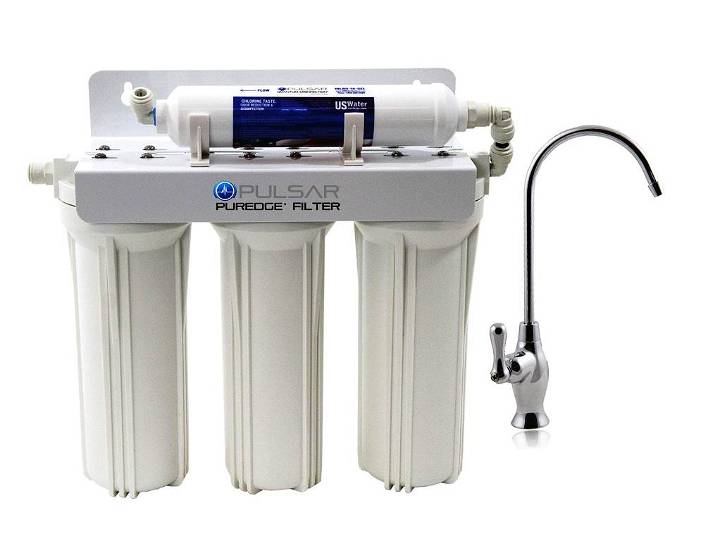
Here’s a brief explanation of the different types of water filters.
Sediment Filters
Sediment filters remove large particles like sand, rust and debris from the water, but they can’t remove smaller impurities or chemicals. Sediment filters work best when combined with other filters to give your home the best water quality.
Ultraviolet (UV) Filters
Ultraviolet filters remove microorganisms like viruses and bacteria from water, but they should be combined with sediment filters for optimal results. The sediment filter will remove particles that block UV rays from reaching the microorganisms in the water.
Activated Carbon Filters
Activated carbon filters are the most commonly used water filters because they remove many chemical impurities from water, such as chlorine. They further reduce pesticides, heavy metals, and rust. We usually find activated carbon filters in form of under sink water filter, water filter pitchers or countertop water filter systems.
KDF Filters
Another type of commonly used filter media is KDF (Kinetic Degradation Fluxion). Aside from chlorine and heavy metals, KDF filters can also remove microorganisms from water.
Reverse Osmosis Systems
Reverse osmosis membranes are semi-permeable and work under high pressure. As your water passes through the membrane, the pressure forces water molecules through leaving any contaminant behind. The only type of contaminant reverse osmosis membranes cannot remove are chemicals.
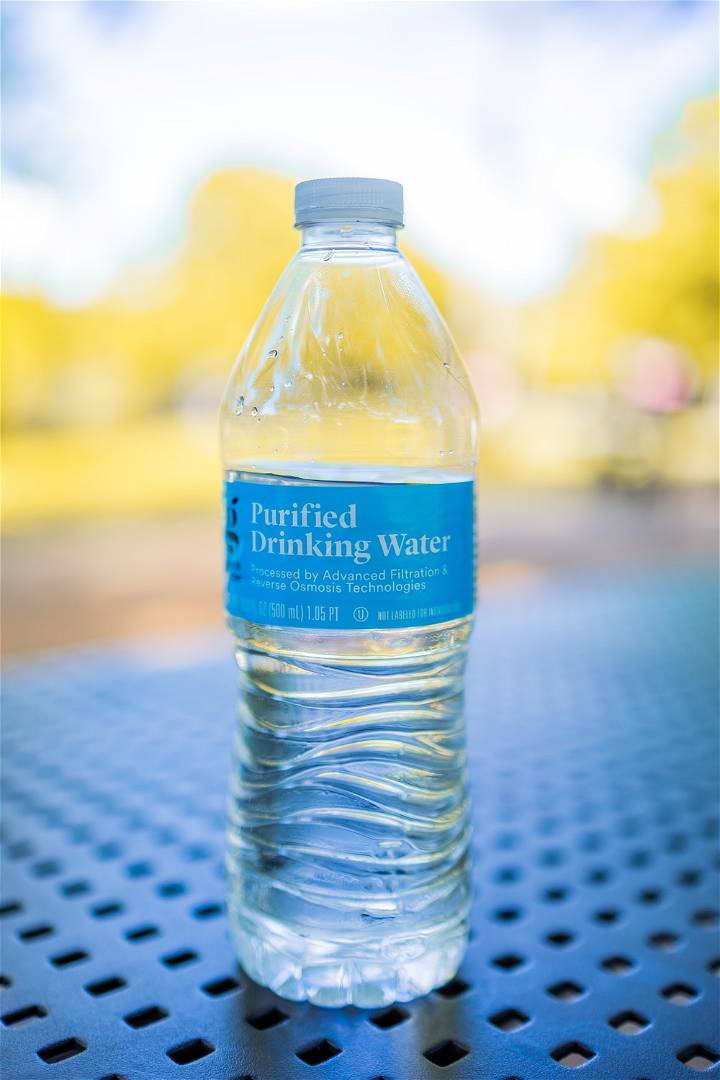
And by the way, reverse osmosis systems are under sink water filters for the most part.
How Water Softeners Work
Water hardness is a common problem most homeowners face. Water becomes hard when there are high amounts of calcium and magnesium in it. Hard water may not cause health issues, but it can be frustrating to use. It causes scale build-up in your water-using household appliances which can cause them to stop working. Hard water is also infamous for wasting soap, drying up skin and hair, and causing stains to form on sinks and bathtubs.
Water softeners solve this problem. They treat hard water, making it soft and easy to use.
There are two types of water softeners; water conditioners and ion exchange water softeners. Water conditioners are salt-free water softeners. They are only able to prevent scale formation on your appliances. They work by binding to the hardness-causing minerals and keeping them in forms where they are unable to build limescale.
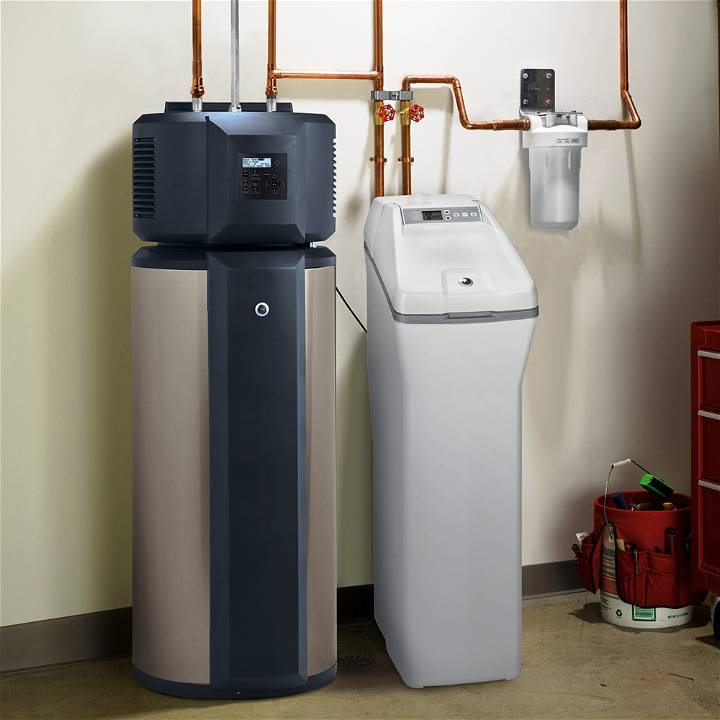
On the other hand, ion exchange water softeners soften water by removing the hardness-causing minerals and replacing them with sodium.
Ion exchange water softeners have resin beads that are charged with sodium ions. As hard water passes through the resin beads, the calcium and magnesium bind to them and is completely removed from the water.
Which do I Need in My Home, Water Filter or Water Softener?
Water filters and water softeners work very differently. Before choosing to buy either one of them, you need to understand the unique problems your home water has. Is it a problem with chemicals? Microorganisms? Water hardness? The only way you can get the correct water treatment option is by answering these questions.
Find out what’s wrong with your water by carrying out a water test. You can test your water using a test kit or taking water samples to the lab for testing. The results will tell you if you need a water filter or a water softener.
Sometimes, your water problems give visible signs and a water test might not be necessary. For example, it’s pretty obvious when you’re using very hard water at home. Scales, stained appliances, and poor lathering of soap are signs of extreme water hardness. You can get a water softener based on these signs.
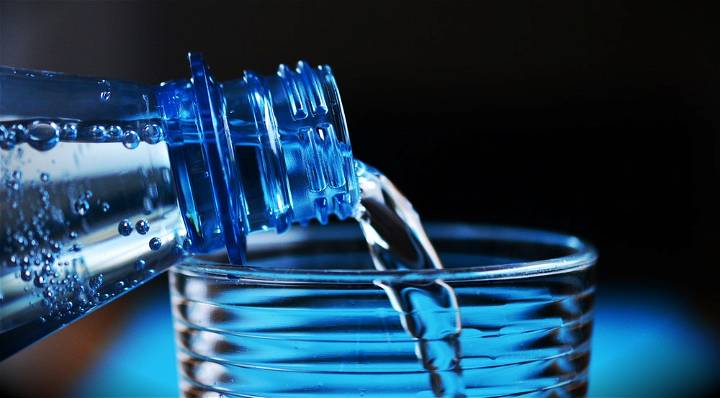
If on the other hand, you notice that your water at home has an off-smell or taste, or you can see sediments in it, then you should be thinking of getting a water filter.
Keep in mind that some water contaminants do not give obvious signs—especially the deadliest ones, and it’s always best to go for a water test. A water test tells you the kind of contaminants present in your water, which is important, as not all filters remove the same kinds of contaminants. You’ll know the right kind of water filter to get after doing a test.
Your water test may also show that your home water has both contaminants and hardness problems. If this happens, don’t worry too much about it. You can have a water filter installed along with a water softener. Many homeowners combine water filters and softeners for optimal results. The water filter removes the impurities in the water, and the water softener softens the water. If you’re worried about how much it would cost, don’t be. Water filters and softeners come at many different prices. You’re bound to find something that works for your budget.

